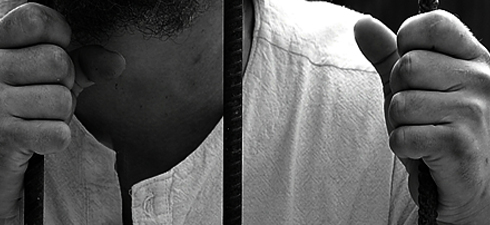“I've long associated extradition with injustice,” writes Irish journalist David Cronin in the Guardian, recalling the widely held view in 1980’s Ireland that political prisoners transferred to Britain would not receive a fair trial. While accepting that the principle of extradition, he complains of a sense “that it's the little people who are at greater risk of being tried in a foreign court than those with serious questions to answer.”
Latest data collated by Brussels on the application of the European arrest warrant leaves him less than reassured. Initially proposed in the wake of 9/11, the execution of this system is “a shambles”, he argues. The British court system, for example, has recently had to deal with a sharp increase in extradition requests made from Poland, many for trivial offences. Of 4,829 requests, only 617 suspects were actually extradited.
Expert evaluations undertaken for the EU conclude that this system works satisfactorily, “when there is ample evidence that is not”, Cronin argues. While calling for guidelines on proportionality so that national authorities in each EU country can decide if an offence warrants extradition, they chide Greece for not introducing a proportionality test, and Italy for proposing to introduce one, on the basis it slows down the system. This, he writes, does not take into account “the human costs of being caught up in an often farcical situation.”
Was this article useful? If so we are delighted!
It is freely available because we believe that the right to free and independent information is essential for democracy. But this right is not guaranteed forever, and independence comes at a cost. We need your support in order to continue publishing independent, multilingual news for all Europeans.
Discover our subscription offers and their exclusive benefits and become a member of our community now!












